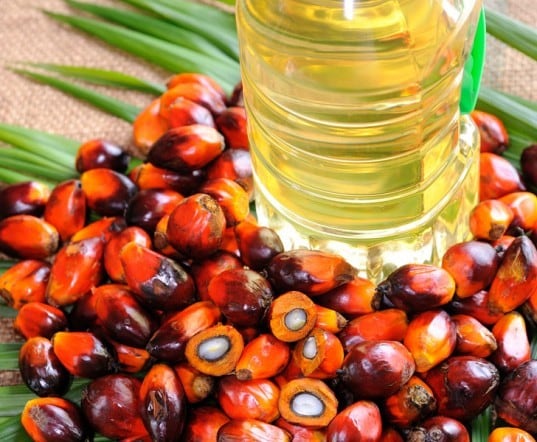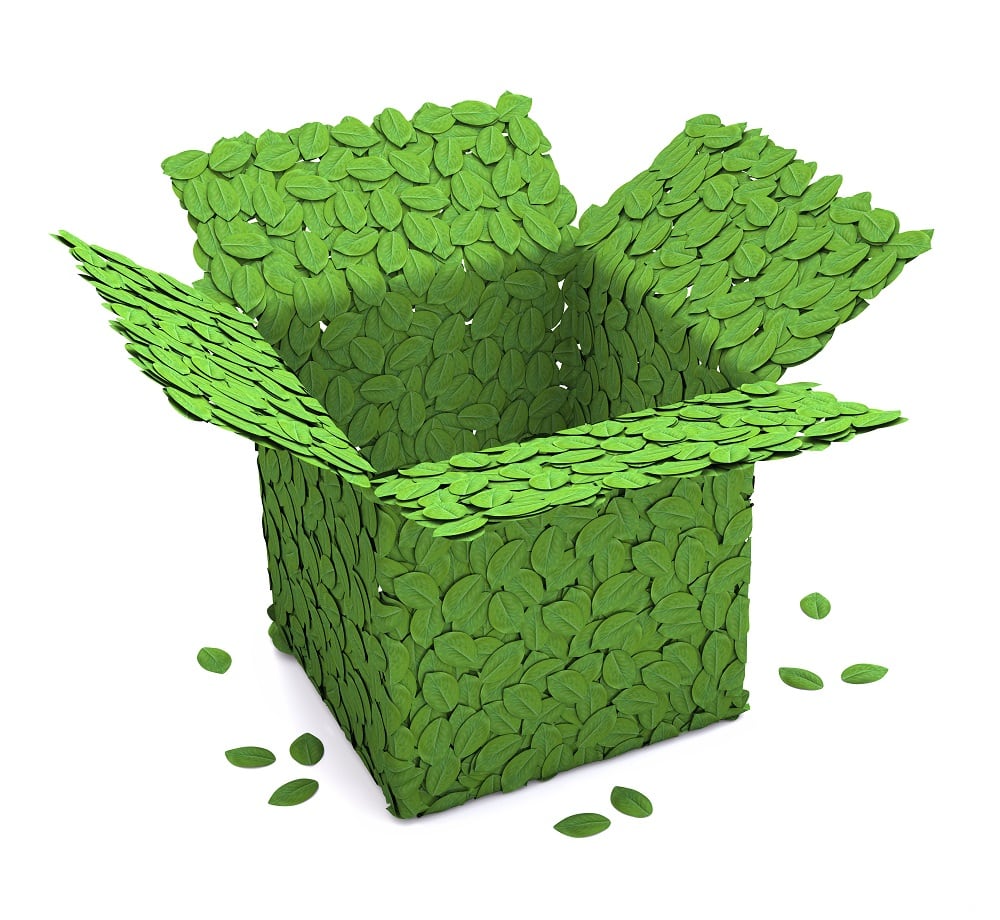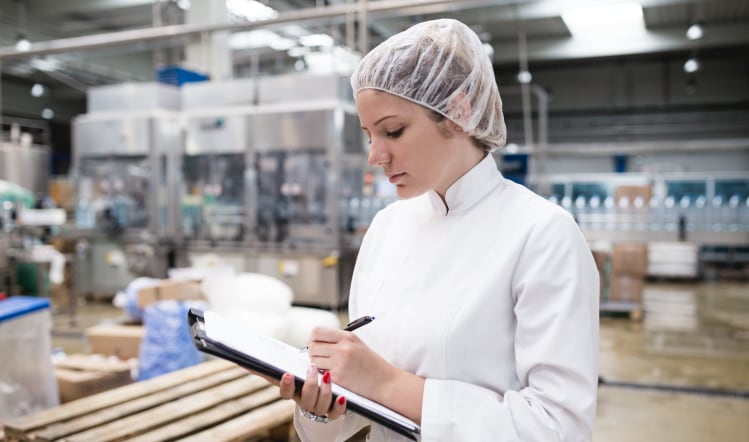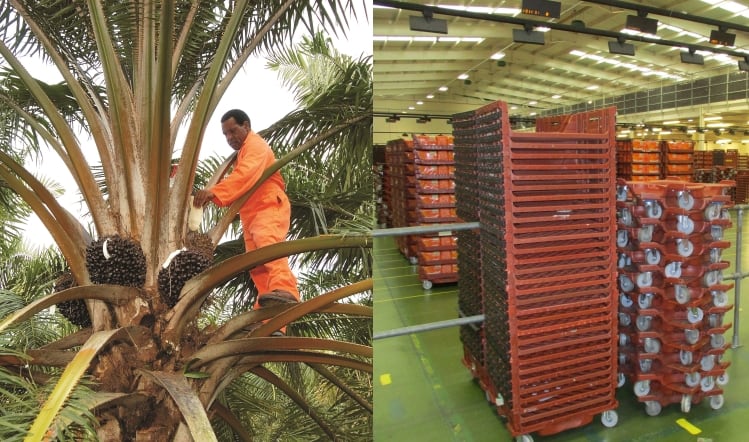A Rainforest Action Network (RAN) investigation showed Asia-based palm oil traders Golden Agri-Resources (GAR) and Musim Mas Group bought oil from two mills that sourced palm fruit from a small, privately-owned plantation on Sumatra island in Indonesia.
Singapore-listed GAR and Indonesia's Musim Mas supply - either directly, or indirectly - companies including Unilever, Nestlé, PepsiCo, Mondelez International, General Mills, Kellogg, Mars and The Hershey Co, a report from RAN said.
Nestlé has defended its use of palm oil however, confirming that it was working with GAR to ensure sustainable and ethical methods were adopted.
“We are aware of the investigation by RAN,” a spokeswoman told Food Manufacture. “We immediately engaged with our supplier GAR, which requires all its supplier mills to establish traceability-to-plantation and to identify all the independent plantations and smallholders from which they source.
“Additionally, they also conducted verification on the ground. GAR confirmed that these two mills—PT Global Sawit Semesta and PT Samudera Sawit Nabati—do not source palm oil from plantations engaged in deforestation activities in the Rawa Singkil Wildlife Reserve. We continue to monitor this closely with our supplier.”
Opposed to deforestation
Nestlé also stressed it was opposed to deforestation and the destruction of natural habitats around the world.
“For the last ten years, we have been using a combination of tools, including supply chain mapping, certification, satellite monitoring and on-the-ground verification, to ensure that the commodities we buy are not linked to deforestation. 100% of Nestlé palm oil supply chain is now monitored by Starling satellite technology.”
The subject of palm oil continues to be a controversial and complex issue. Shared responsibility dominates discussion, with suppliers, processors, retailers and environmental activists hotly debating its sustainability and use.
Commentators have urged more collaboration between all stakeholders as many remain concerned about the limits on sustainable supplies and how this could impact the whole supply chain.




